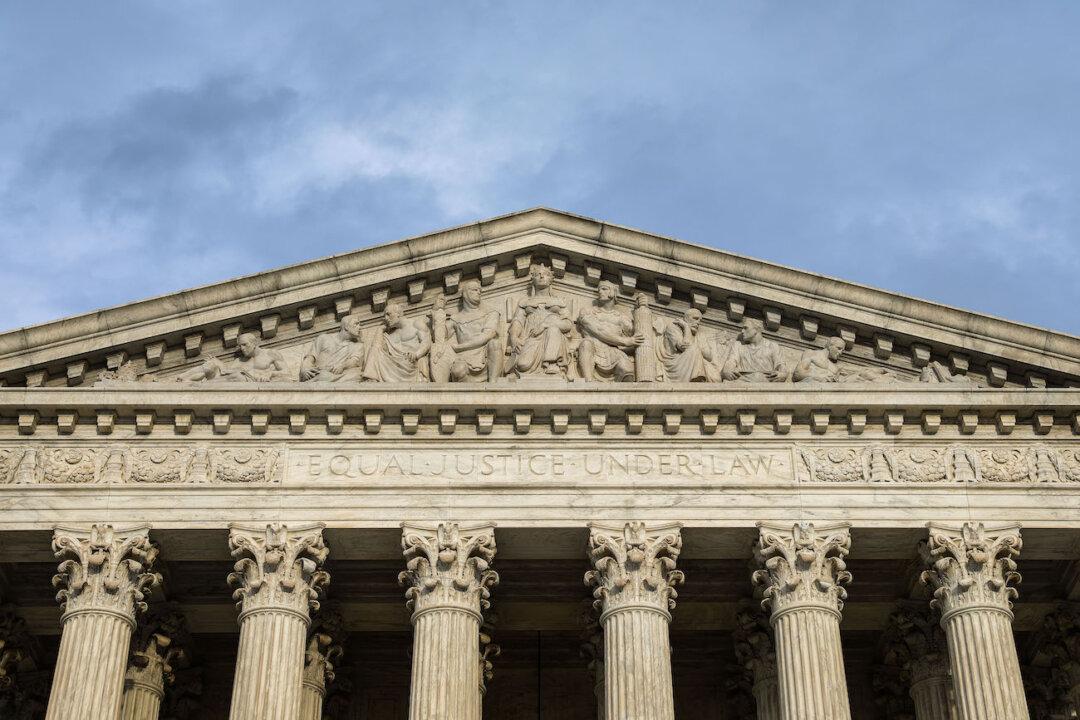A private investigator is asking the U.S. Supreme Court to reverse a decision by the Maine Department of Public Safety denying him a license to practice his profession because he criticized a Maine State Police officer’s conduct in a fatal shooting.
The investigator, Joshua Gray, claims that the denial of the license constitutes a violation of his right to free speech under the First Amendment, according to his attorneys at the Institute for Justice (IJ), a public interest law firm with a special interest in occupational licensing issues.





